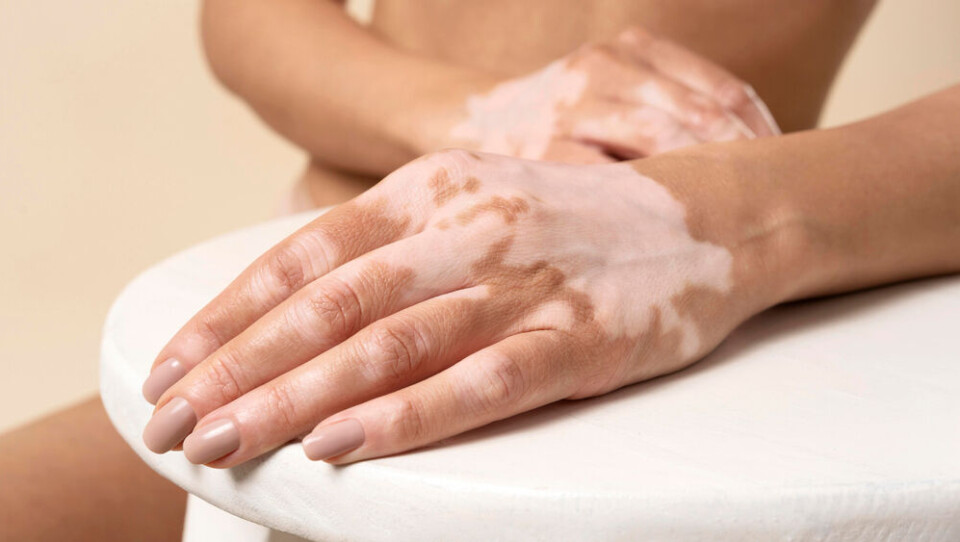-
‘Digital ID’ to be accepted at French airports this summer
Users of the France Identité app will be able to board certain flights using ID on smartphone
-
Germany to prolong EU border checks: how travel from France is affected
Checks at land borders will take place until at least September 15, 2026
-
Floods in France: emergency measures underway amid ‘historic’ conditions
Gironde, Lot-et-Garonne and Maine-et-Loire among worst-hit with red warnings in place
First treatment for skin condition vitiligo to be available in France
The treatment for the auto-immune pigmentation condition is to be released early in a bid to help high-priority patients

The first ever treatment for the skin condition vitiligo is set to be available to high-priority patients in France after it was granted early approval access while discussions over its price are finalised.
The news was confirmed in the Journal Officiel on January 31.
Ruxolitinib, known in France as Opzelura, is the first-ever treatment for the auto-immune condition, which causes a gradual depigmentation of skin on the face and body.
The medication has been developed by the US biotech company Incyte. It is the company’s first dermatological product, although it already has several successful cancer treatments on the market.
Ruxolitinib is designed to repigment affected areas of skin in patients aged over 12, who have ‘non-segmental vitiligo’, which is when the condition affects both sides of the body, often in symmetrical patches. This is the most common version of the illness.
The medicine will also be suitable if the vitiligo covers no more than 10% of the patient’s total body surface, and also affects the face.
“This is big news for patients,” said Martine Carré, president of the Association française du vitiligo, to Le Monde. “We have been really looking forward to this moment.
“Until now, there has been no recognised treatment for this illness, which affects between 600,000 and a million people in France and represents a real psychological suffering for patients who feel disfigured,” she said.
Successful clinical trials
Existing results from clinical trials in the US and Europe show that when the cream was applied twice a day to the affected areas, 31% of testers saw a 75% improvement in the condition on the face after six months, and 30% saw an improvement of 90% after a year.
Based on these results, in April 2023, the European Commission gave approval for the medicine to be sold on the European market. It was also approved by the French Haute Autorité de Santé (HAS).
However, the HAS, which also assesses medicine for reimbursement, is still yet to conclude price negotiations with the Comité économique des produits de santé. This is normally needed before medicines can be made available to patients, and can sometimes take more than 12 months.
There are also serious concerns about the drug's safety. The treatment can cause severe side effects, including a weakened the immune system, which leaves patients exposed to infections.
Nonetheless, Opzelura will now be available, under certain conditions, in France due to a ‘direct access’ scheme announced in 2021 by President Emmanuel Macron. The system was later outlined for a trial by then-Health Minister François Braun.
The direct access system was inspired by the German model, and allows some medicines to be available before the completion of discussions with the Comité économique des produits de santé. The aim is to speed up access for high-priority patients.
Opzelura is only the second medicine to benefit from this system; the first was for Hemgenix gene therapy.
How can patients get access to Opzelura?
Eligible patients will need to visit their dermatologist to obtain a prescription, and then go to a hospital pharmacy to collect the drug. The national health insurance system l’Assurance maladie will reimburse the treatment 100%.
The direct access system is planned to last for one year at the most.
After this, it is expected that negotiations between the HAS and the Comité économique des produits de santé, and between the manufacturer Incyte and the Assurance maladie, will be complete.
This will allow the final price of the drug to be set, with reimbursement and access for patients fully adjusted.
























